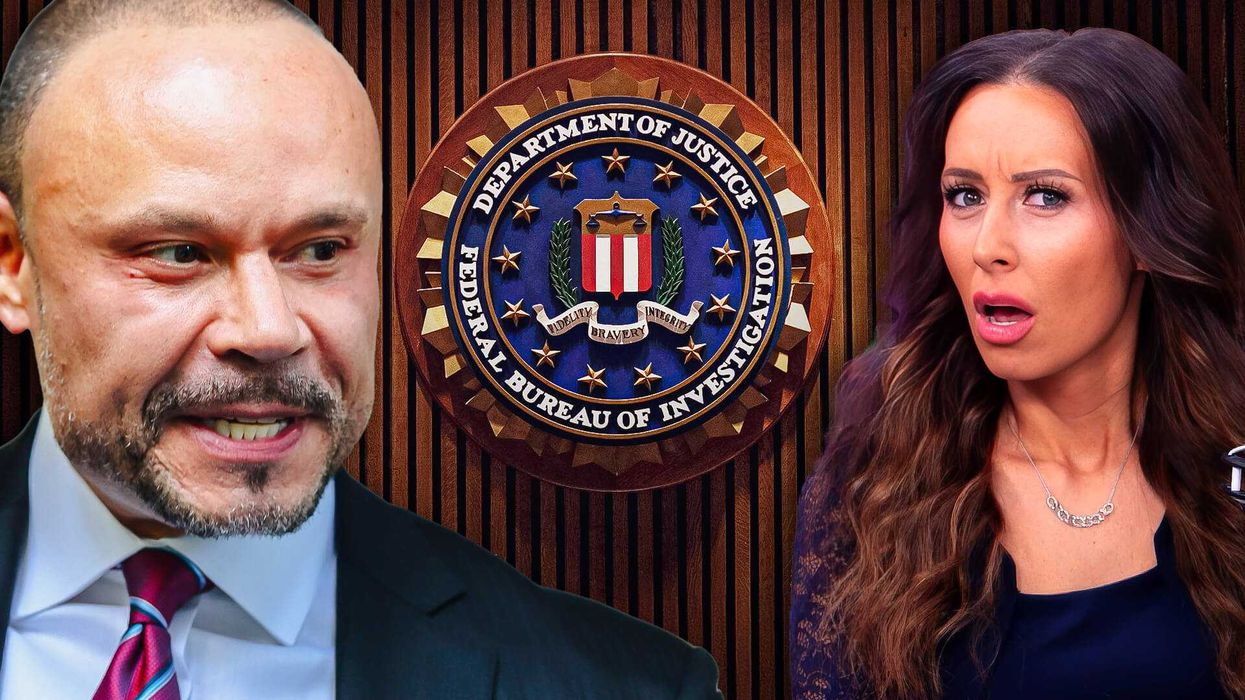It is daunting enough that more than 2,200 people have died in West Africa in the current Ebola outbreak and health care workers are still struggling to get a handle on containing the viral disease, but an expert says there's something more that "we're afraid to say about Ebola."
 This photo provided by Dr. Dan Lucey, of the Georgetown University Medical Center, shows a session he supervised to train local health workers how to properly put on and take off equipment to protect against the Ebola virus. "You don't have to be exhausted to make a small mistake" with protective gear, warned Lucey, who recently returned from three weeks in Sierra Leone, where he saw Ebola for the first time. (AP/Dan Lucey)
This photo provided by Dr. Dan Lucey, of the Georgetown University Medical Center, shows a session he supervised to train local health workers how to properly put on and take off equipment to protect against the Ebola virus. "You don't have to be exhausted to make a small mistake" with protective gear, warned Lucey, who recently returned from three weeks in Sierra Leone, where he saw Ebola for the first time. (AP/Dan Lucey)
Michael Osterholm, director of the center for infectious disease research and policy at the University of Minnesota, wrote in an op-ed for the New York Times about a possibility that "virologists are loath to discuss openly but are definitely considering in private." That possibility being: What if the Ebola virus mutated and could be transmitted through the air (say through a cough) rather than through contact with infected bodily fluids.
"[…] viruses like Ebola are notoriously sloppy in replicating, meaning the virus entering one person may be genetically different from the virus entering the next. The current Ebola virus’s hyper-evolution is unprecedented; there has been more human-to-human transmission in the past four months than most likely occurred in the last 500 to 1,000 years. Each new infection represents trillions of throws of the genetic dice," Olsterholm wrote, giving an idea of why virologists are concerned about its potential to go airborne.
Osterholm then gets into his opinions on what he thinks should be done to control this outbreak that is not already happening, including the U.N. taking more charge and other countries lending more of a hand.
"This is about humanitarianism and self-interest. If we wait for vaccines and new drugs to arrive to end the Ebola epidemic, instead of taking major action now, we risk the disease’s reaching from West Africa to our own backyards," Osterholm wrote.
President Barack Obama recently pledged more support to the countries in West Africa affected by by the outbreak, along with other countries. Cuba recently said it would send more than 160 health workers to Sierra Leone for help, which World Health Organization chief Dr. Margaret Chan said the agency was "extremely grateful."
Microsoft Corp. co-founder Paul Allen's foundation is donating $9 million to help the U.S. government fight the disease in West Africa.
In other Ebola news, an American doctor infected with the virus who is being treated in Nebraska received something that might help from a fellow doctor and Ebola virus survivor.
 In this undated photo released by the Nebraska Medical Center, Dr. Richard Sacra examines a foot of a child in west Africa. Sacra is being treated for ebola at the biocontainment unit at the Nebraska Medical Center in Omaha, Neb. (AP)
In this undated photo released by the Nebraska Medical Center, Dr. Richard Sacra examines a foot of a child in west Africa. Sacra is being treated for ebola at the biocontainment unit at the Nebraska Medical Center in Omaha, Neb. (AP)
Dr. Rick Sacra received blood transfusions from Dr. Kent Brantly shortly after arriving at the Nebraska Medical Center last Friday, Dr. Phil Smith said Thursday. Sacra, 51, also has been given an experimental drug, which doctors have kept mum about, and other treatments.
Watch KETV-TV's report about the serum they made from Brantly's blood:
"It really meant a lot to us that he was willing to give that donation so quickly after his own recovery," Sacra's wife, Debbie, said, adding that both her husband and Brantley had the same blood type.
The transfusions are believed to help a patient fight off the Ebola virus because the survivor's blood carries antibodies for the disease.
Two American Ebola patients have already been treated and recovered from the disease while Sacra and a fourth American are still battling the virus.
 Debbie Sacra, the wife of the Ebola patient being treated at the University of Nebraska Medical Center, Dr. Rick Sacra, meets with the local media for the first time Thursday, Sept. 11, 2014. Dr Philip Smith, the medical director of the Nebraska Biocontainment ... of infectious diseases at the University of Nebraska Medical Center is at right. (AP/The World-Herald, James R. Burnett)
Debbie Sacra, the wife of the Ebola patient being treated at the University of Nebraska Medical Center, Dr. Rick Sacra, meets with the local media for the first time Thursday, Sept. 11, 2014. Dr Philip Smith, the medical director of the Nebraska Biocontainment ... of infectious diseases at the University of Nebraska Medical Center is at right. (AP/The World-Herald, James R. Burnett)
Despite already being infected once, Debbie Sacra said she knows her husband would go back to West Africa, if given the chance.
"I'm sure when he gets his strength back, he'll be ready to go back to Liberia," she said.
According to WHO, as of Sept. 7 there have been 4,366 reported cases of Ebola infection in West Africa, resulting in 2,218 deaths.
—
The Associated Press contributed to this report.

 This photo provided by Dr. Dan Lucey, of the Georgetown University Medical Center, shows a session he supervised to train local health workers how to properly put on and take off equipment to protect against the Ebola virus. "You don't have to be exhausted to make a small mistake" with protective gear, warned Lucey, who recently returned from three weeks in Sierra Leone, where he saw Ebola for the first time. (AP/Dan Lucey)
This photo provided by Dr. Dan Lucey, of the Georgetown University Medical Center, shows a session he supervised to train local health workers how to properly put on and take off equipment to protect against the Ebola virus. "You don't have to be exhausted to make a small mistake" with protective gear, warned Lucey, who recently returned from three weeks in Sierra Leone, where he saw Ebola for the first time. (AP/Dan Lucey)






